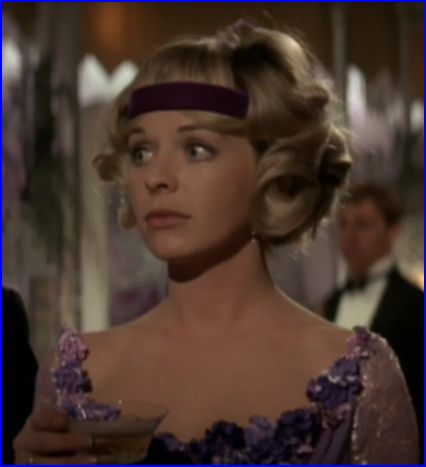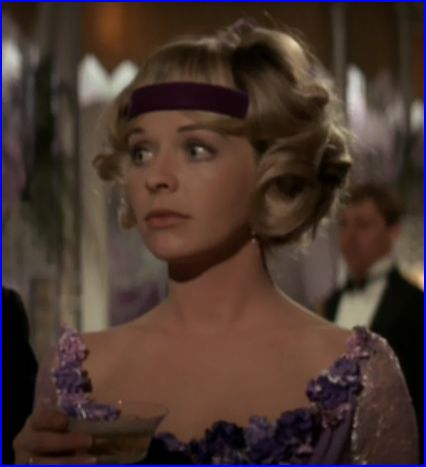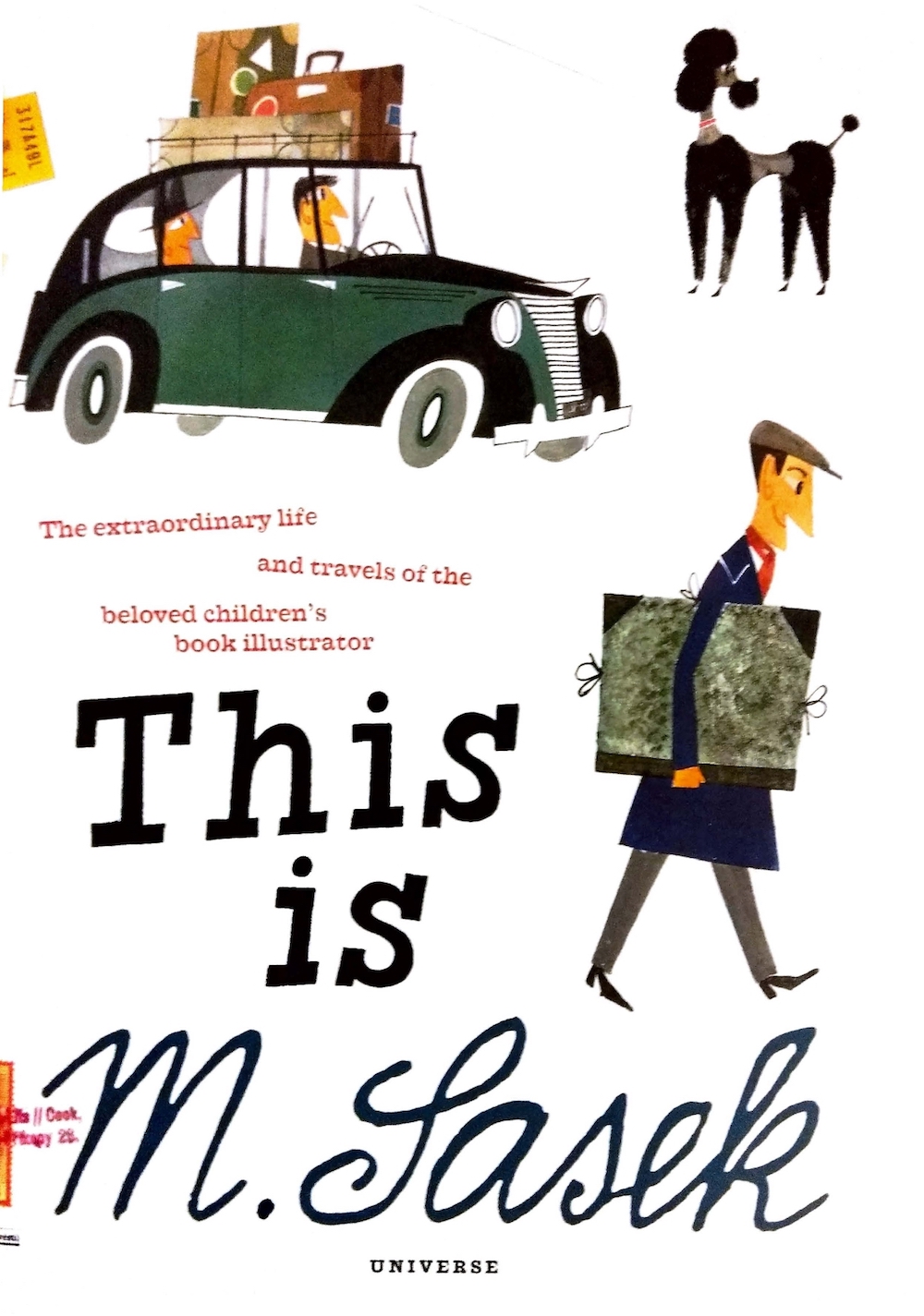Quintessential English rose or frustrated wild child? Susannah York, who died on Saturday aged 72, might have characterised herself as the latter, according to an interview with The Guardian in 2007. Her son, actor Orlando Wells, used the term “maverick” when describing his mother’s approach to her career. News organisations, though, prefer something a bit more feminine — especially if the lady in question had blonde hair, blue eyes and a wholesome kind of beauty.
York was also the young star whose performance in The Greengage Summer (1961) so captivated my Dad that he named me after her. It’s a long time since I saw that film (also known as Loss of Innocence), but like The Go-Between it belongs to that genre of stories about adolescents caught up in the affairs of adults, which tend to linger long in the memory. It wasn’t York’s film debut, but her looks and her performance made a strong impact in a cast that also included Kenneth More, Danielle Darrieux and Jane Asher.
It’s sad how many talented actresses end up being remembered merely as an adjunct to the men they loved and lost, or for some one-dimensional sex-kitten role they played early in their career. (Jane Fonda may have a couple of Oscars but she’ll always be Barbarella.) But reading about Susannah York I’ve been struck by the fact that she only married once (to Michael Wells) and didn’t lead the scandalous, tabloid-friendly life that keeps some of our sleazier organs in business.
In the 60s York’s career wasn’t defined by one iconic role or a part in a James Bond movie. But she did make a string of notable films, including the bawdy romp Tom Jones (1963), the Oscar-winning A Man for All Seasons and the much-admired Battle of Britain. She was also part of the roll call of British acting talent in Richard Attenborough’s musical, Oh! What a Lovely War.
Of course there was some dross, too. It was hard for any British actress in the Swinging Sixties to avoid being cast in one of those modish caper movies designed to show how hip London was. So York wound up being cast as a policeman’s daughter in Kaleidoscope (1966) opposite Warren Beatty’s poker whizz. Some might consider being photographed in Carnaby Street with Beatty one for the scrapbook — but this wasn’t what you’d call a career high for either of them.
She gained her only Oscar nomination (for best supporting actress) in Sydney Pollack’s They Shoot Horses, Don’t They?, which also starred Jane Fonda. It would be interesting to transpose this downbeat story about the gruelling dance-hall marathons of the 1930s to the context of a 21st century financial crisis and 24/7 news coverage. It would be all over the internet, wouldn’t it?
Playing Beryl Reid’s lesbian lover in the bizarre black comedy, The Killing of Sister George, was a bold choice for the late 60s. The plot, in which a boozy soap-opera actress (Reid) and a predatory BBC producer (Coral Browne) fight over York’s pretty but spoiled “Childie”, sounds like wicked fun. But in the hands of director Robert Aldrich it struck me as rather ponderous and overacted by Reid. Still, York does well to make any impression at all in this increasingly hysterical drama. Her eventual seduction by Browne’s home-wrecker is one of the creepiest scenes I’ve ever seen.
Superman fans will remember York as the Man of Steel’s mother in the first two Christopher Reeve adventures. (Her voice is also heard in the fourth movie.) Her later career included TV roles in everything from The Two Ronnies, Ruth Rendell Mysteries to (inevitably) the BBC’s Casualty and Holby City. A RADA graduate, she also enjoyed a long and varied career on stage, appearing in Shakespeare, Shaw and on the Edinburgh Fringe.
Still lovely in her 70s, Susannah York also found time during her busy career to write children’s books and campaign against nuclear weapons. Unlike contemporaries Vanessa Redgrave and Jane Fonda, she seems to have done all this without making enemies, parading about in leg warmers or plugging exercise videos to a generation of gullible housewives. She will be missed.













January 17, 2011 at 1:01 am
Beautiful piece about a fine actress who was quite literally in a class of her own – what style.
Two gifted actors in two weeks (Postlewaite and York).
January 17, 2011 at 9:20 am
Thank-you, Basil. Glad to see that you’re feeling well again and up to a spot of light reading!